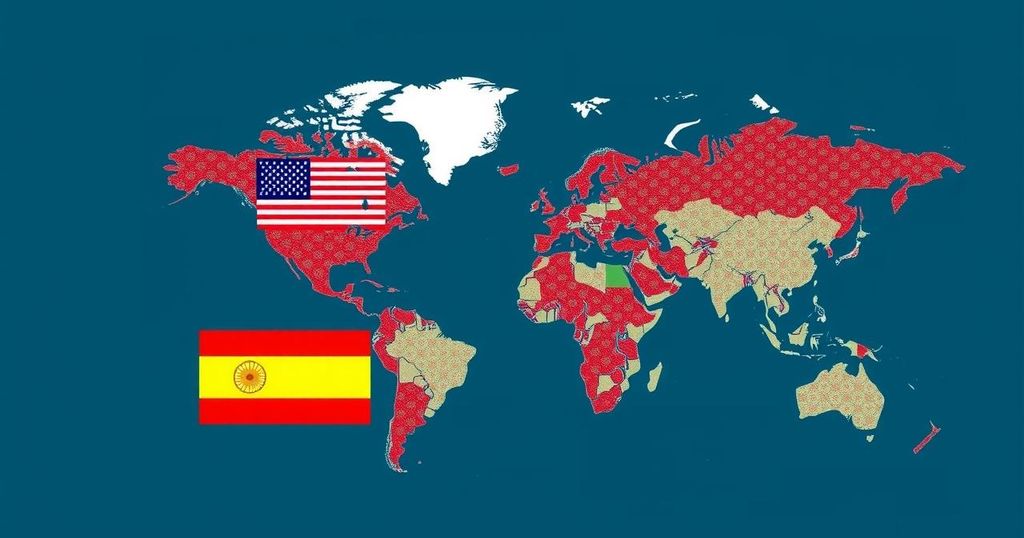Biden Administration Ends Humanitarian Parole Program for Migrants

The Biden administration will not extend a humanitarian parole program for migrants from Venezuela, Haiti, Cuba, and Nicaragua. This decision, which has implications for substantial communities in South Florida, requires individuals in the program to seek alternative legal status or face deportation. The move reflects a shift towards stricter immigration policies as the 2024 election approaches.
The Biden administration has announced that it will not extend a humanitarian parole program that permits migrants from Venezuela, Haiti, Cuba, and Nicaragua to enter the United States if they arrived by plane with appropriate sponsorship. This decision significantly impacts South Florida, which boasts the largest communities of these migrant groups in the country. Initially launched in 2022 to provide a legal avenue for Venezuelan migrants, the program expanded to include Cubans, Haitians, and Nicaraguans, allowing them to reside and work in the U.S. for two years while they pursued alternative immigration pathways. Following extensive data, it is reported that approximately 214,000 Haitians, 117,000 Venezuelans, 111,000 Cubans, and 96,000 Nicaraguans have utilized the program. As the 2024 presidential election approaches, the decision also seems aligned with the administration’s shift towards a stricter immigration approach, led prominently by Democratic Vice President Kamala Harris. In contrast, Republican Donald Trump has criticized the current administration’s immigration policies, frequently making disparaging remarks about migrants, particularly those from Haiti. Homeland Security officials have indicated that individuals reaching the two-year limit of the program must seek another legal status, depart, or potentially face deportation. For many, there exist various options, including temporary protected status for Venezuelans and Haitians due to significant turmoil or natural disasters in their home countries. “This two-year period was intended to enable individuals to seek humanitarian relief or other immigration benefits for which they may be eligible,” stated Homeland Security spokesperson Naree Ketudat. Meanwhile, new migrants arriving at the border can still apply under existing frameworks, which remain unaffected for individuals from Afghanistan and Ukraine.
The hearing of a two-year program aimed at facilitating the entry of migrants from specific countries into the United States has revealed crucial immigration policy considerations. Established in 2022, this program was a governmental response to the growing influx of migrants at the U.S.-Mexico border. The program offered an alternative route, allowing eligible individuals to bypass illegal crossings while simultaneously tightening border security measures. As such, it answered humanitarian concerns regarding the complex geopolitical and socio-economic issues faced by these nations.
In summary, the Biden administration’s decision not to extend the humanitarian parole program for migrants from Haiti, Venezuela, Cuba, and Nicaragua marks a significant shift in U.S. immigration policy. As of now, individuals previously under this program must navigate other legal channels or risk deportation. This action occurs within the context of increasing political pressures and a heightened focus on immigration ahead of the upcoming presidential election, underscoring the ongoing complexities surrounding U.S. immigration discussion.
Original Source: www.wlrn.org







